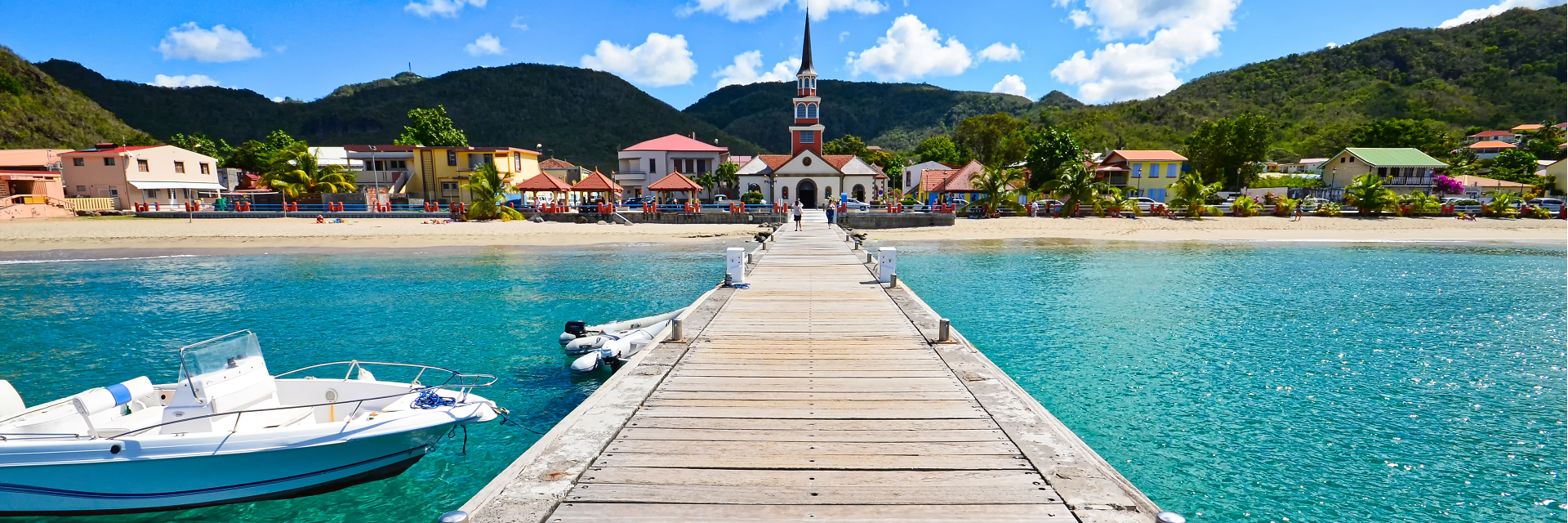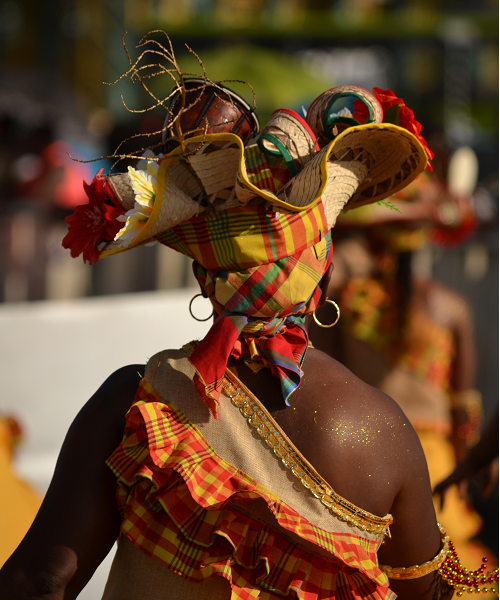Academics
What can we interpret from Martinique’s identity? Unraveling the tragic disappearance of the Arawak and Carib civilizations following the European arrival and their replacement with African, and later East Asian, slave labor is crucial to piecing together the story. Through song and written text, the emancipation and literary movements slowly brought a voice to French Caribbean identity, but does it represent all?
Voting to become a French department in 1946, eschewing independence for integration, tension between the “metropole” and the island are still palpable. What is the source of the tensions and is a solution in sight? Where does the island fall in protecting and preserving its exceptional environment and biodiversity for which it is known?
Questions like these aims to be answered in courses during APA French Antilles. Poignant and thoughtful discussion-based classes led by local professors, direct students to critically analyze, collaborate and communicate together in a multi-cultural environment.






